Integrity chief warns of loopholes in Queensland lobbying crackdown
Queensland’s planned ban on political lobbyists moonlighting as election planners would be inconsistent with the findings of a landmark review, the state’s Integrity Commissioner has warned.
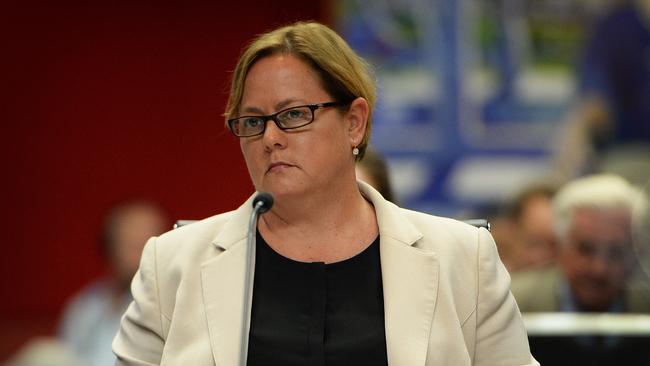
Queensland’s planned ban on political lobbyists moonlighting as election planners would be inconsistent with the findings of a landmark review that Annastacia Palaszczuk pledged to adopt in full, the state’s Integrity Commissioner has warned.
A bill before state parliament prohibits registered lobbyists holding senior campaign roles during an “election period” on the recommendation of public service reformer Peter Coaldrake.
However, the legislation, introduced by the Premier in June, has loopholes that could still allow lobbyists to shape election strategy.
Under the draft laws, the ban on lobbyists working on political campaigns would begin about one month before polling day, when writs are issued for an election.
Integrity Commissioner Linda Waugh, who is responsible for regulating the state’s lobbying industry, said the timeframe was not “consistent with the intent of Professor Coaldrake”, given the majority of campaign strategy would be formulated six to 12 months before the formal campaign begins.
In a public submission, she said the bill could still allow lobbyists to “play a substantial role in an election campaign and on policy development for a political party up until close to when the writ for the election is issued”.
“At that point, the lobbyist could cease all involvement in the campaign and consequently still be able to lawfully engage in lobbying activity in the next term of office,” her submission read.
Under the legislation, if a lobbyist did perform a “substantial and senior role” during the formal election period, they would be disqualified from lobbying during the next term of government.
Ms Waugh said given penalties were significant, it was crucial “that whatever the disqualification period is, it is precise, clear, is not subject to interpretation and easy for practitioners to apply”.
In his review, Professor Coaldrake recommended “an explicit prohibition on the ‘dual hatting’ of professional lobbyists during election campaigns”.
“The appearance of guiding a political party to office one week and then advocating a client’s case for a government or council decision a few weeks later naturally raises suspicion which cannot be remedied by promises to impose ‘Chinese walls’,” his report said. “They can either lobby or provide professional political advice, but not both.
“Most people would be incredulous at the proposition that a lobbyist working with a political leader in one capacity cannot later exercise special influence.”
Professor Coaldrake’s recommended crackdown on lobbyists was sparked by an investigation by The Australian that exposed deep connections between the two major parties and lobbyists who worked behind the scenes, overseeing election campaign strategy, party preselections and disciplinary proceedings.
Former ALP state secretaries Cameron Milner and Evan Moorhead headed Labor’s 2020 election strategy as they continued to lobby the government on behalf of corporate clients, some of which were the subject of announcements by Ms Palaszczuk and her ministers before and during the campaign.
After Professor Coaldrake’s review was released last year, Ms Palaszczuk pledged to cut ties with three Labor-aligned lobbyists who held senior roles in her re-election campaign and went on to enjoy access to the government.
Mr Milner, Mr Moorhead and veteran Labor campaigner David Nelson were all blacklisted.
This month, The Australian revealed Labor and the Liberal National Party were still paying lobbyist-linked companies for polling and research.
A parliamentary committee will release a report into draft laws in September.


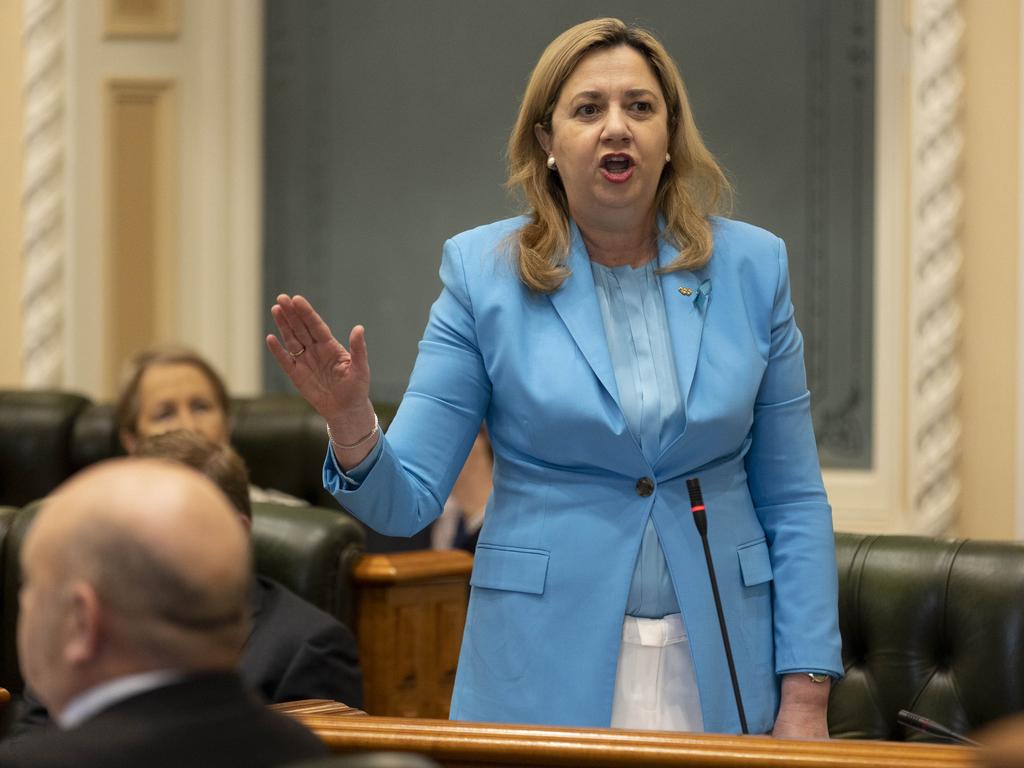
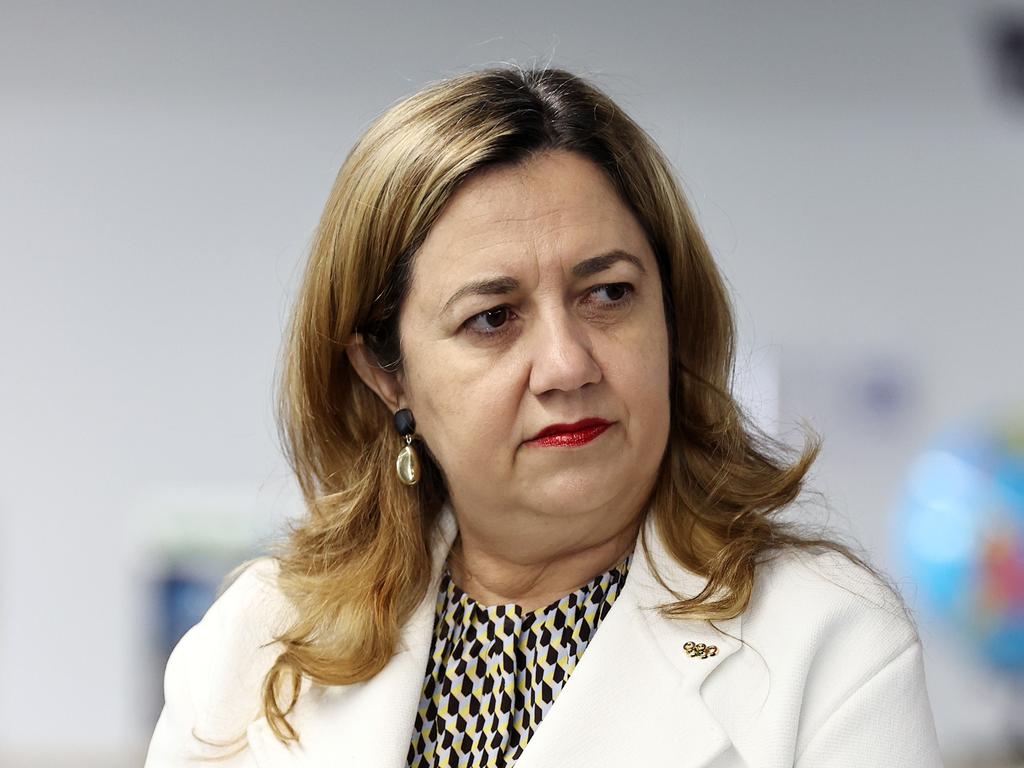

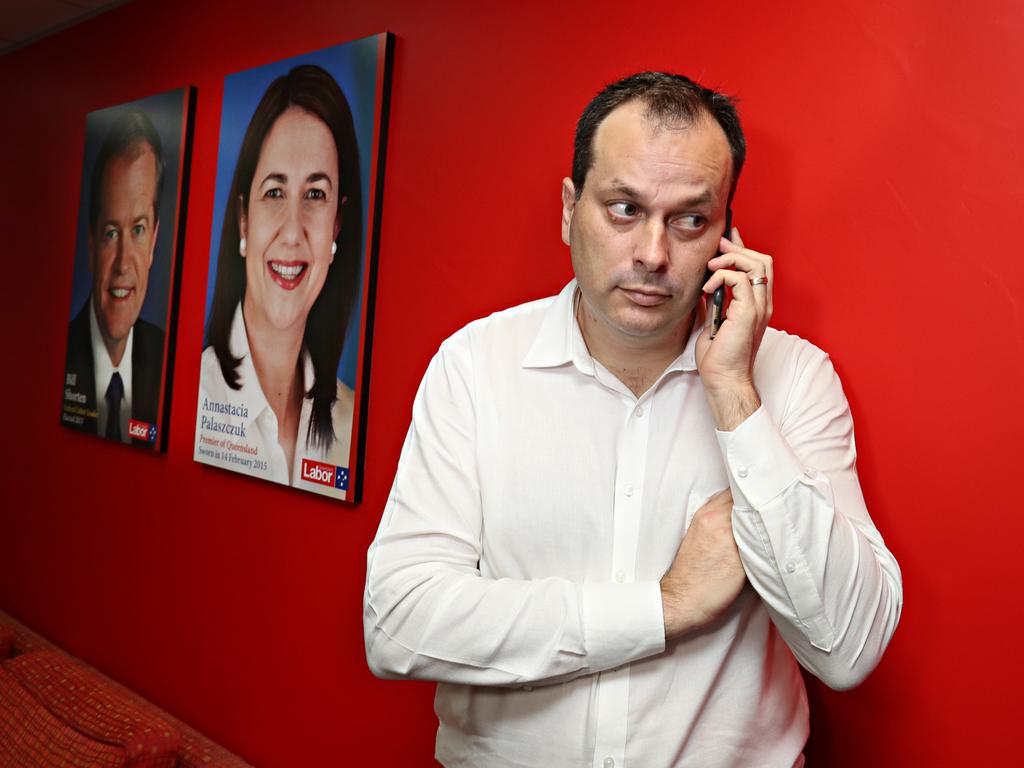
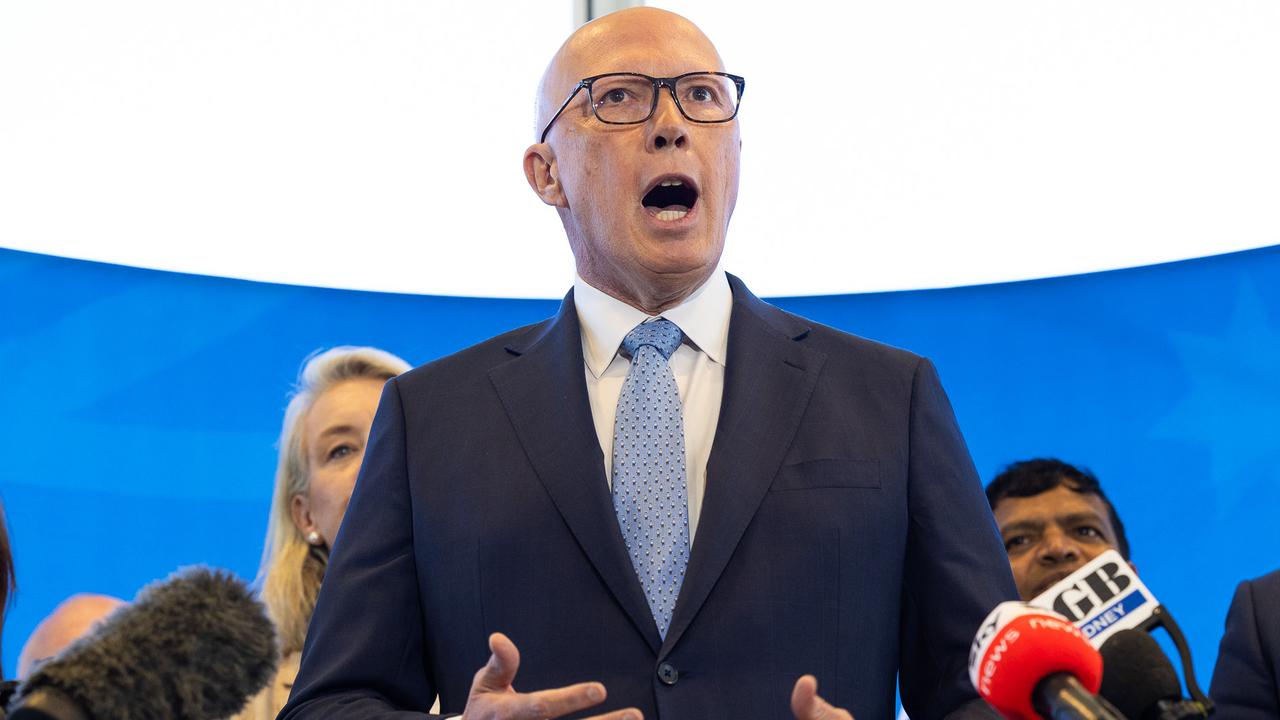
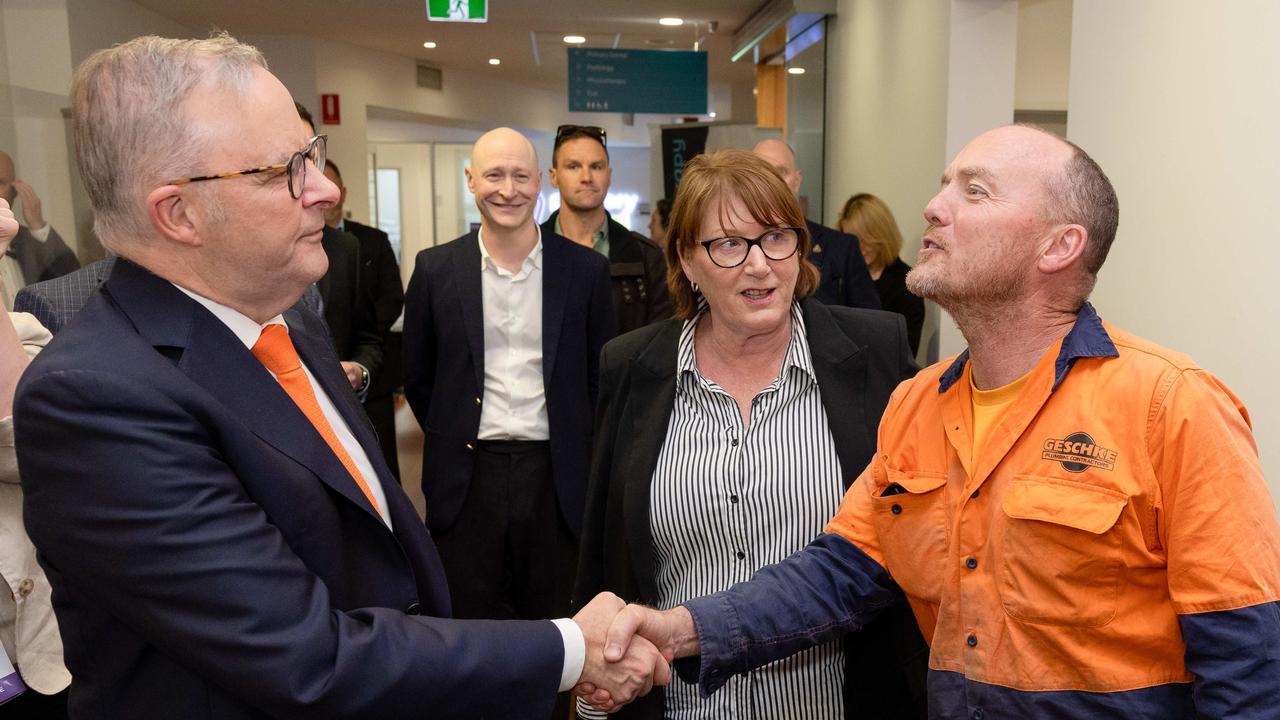
To join the conversation, please log in. Don't have an account? Register
Join the conversation, you are commenting as Logout